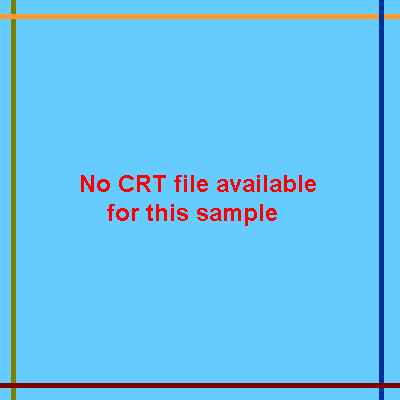

| Site Info | Search |
 |
 |
||
|
|||
| Common molecules sample 50771 - Reciprocal Net | Log in | ||

|
|
||||||||||||||||||||||||||||||||||||||||||||||||||
|
Basic view...
More visualization options... See other versions... |
| No files for 50771 in repository! |